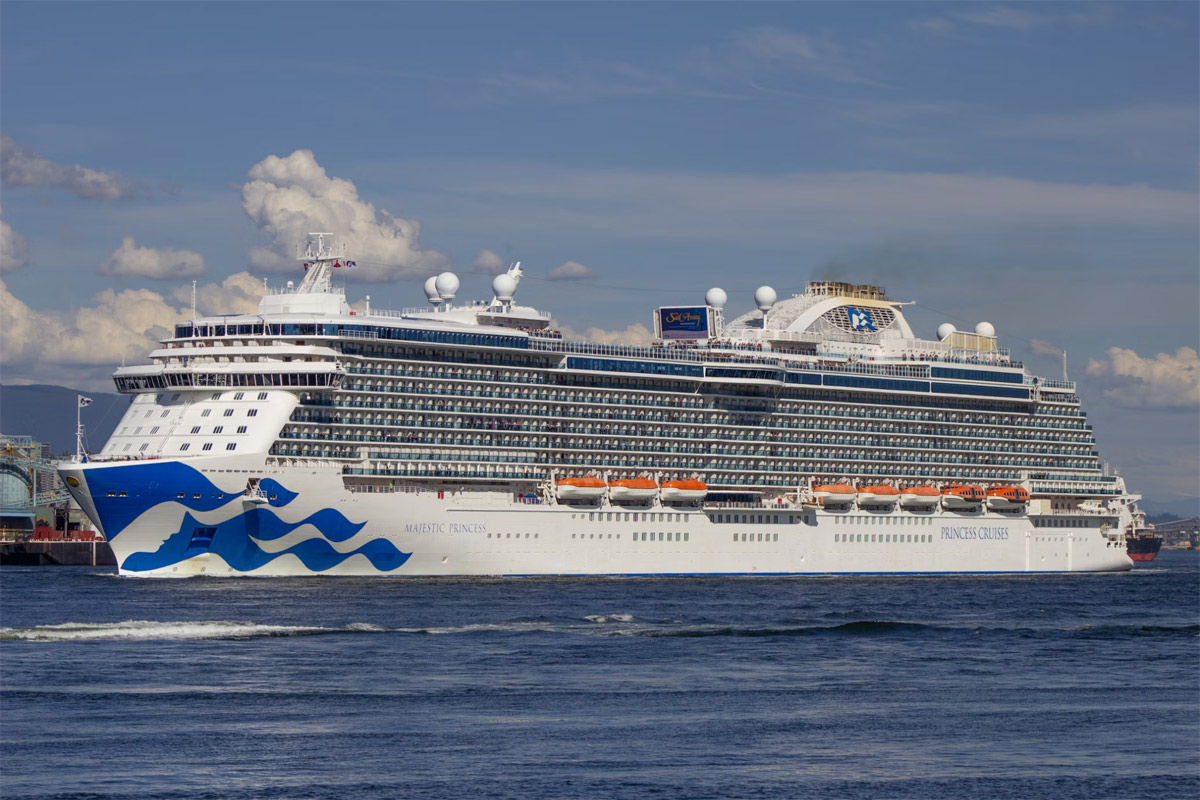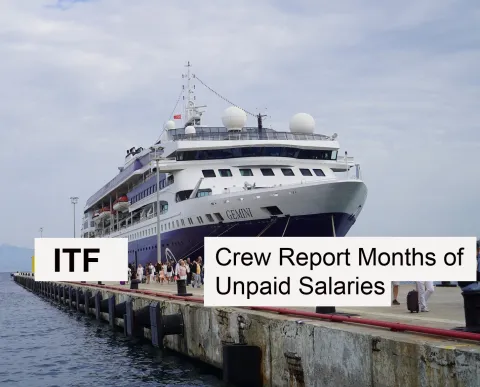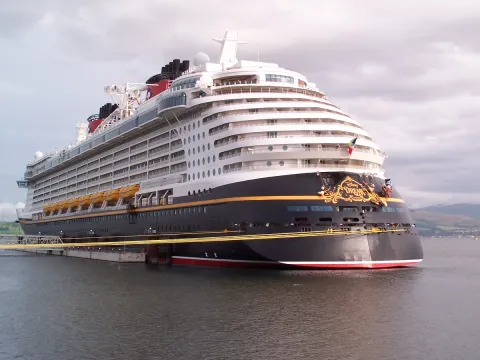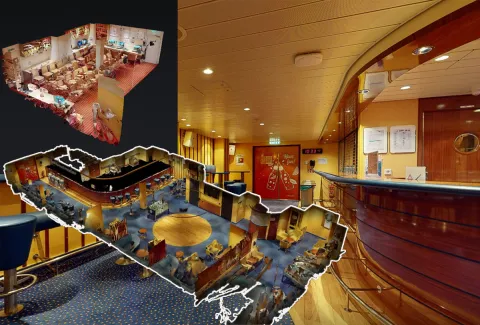
It sounds like a dream: waking up off the coast of Sicily in the morning, watching the sunset in Lisbon in the evening, and in between smiling at tourists, serving cocktails, singing in a show, or maintaining the technical equipment of a giant liner. Working on a cruise ship really does seem tempting – and in 2025, more and more people are looking for not only earnings, but also a way to escape the routine. But how does it all really happen, behind the scenes of bright advertising brochures?
The ocean is like an office, only without windows
If you think that working on a liner is a 24-hour Instagram in "beach and palm trees" mode, then you should hear from real people who have been through it. There are no Mondays on board, just as there are no Sundays. There are shifts – long ones, often without days off. The working day starts at 6 am and can end well after midnight. Sometimes you don't know what day of the week it is. You don't belong to yourself, and the ship, like a small planet, dictates the rhythm.
You live at work. This is not a figurative expression – your cabin, your dining room, your rest area, your gym, your shower and even a therapist – all this is a two-minute walk from your workplace. On board, you do not have an apartment to escape to after a shift. Sometimes your cabin is no bigger than a locker in a compartment – and you share it with a partner who has a different schedule.
But you become part of an amazing culture. People from 50 countries can work on one ship, and this is not an exaggeration. You have breakfast with an Indian chef, do a shift with a Brazilian bartender, and on weekends you rehearse a dance with a Ukrainian animator. It's a multicultural campus lifestyle, but with a sea horizon outside the window.
Why are liners back in fashion in 2025?
After the years of crisis, the cruise industry has recovered rapidly. According to Cruise Lines International Association, in 2024 the number of tourists on board cruises reached a record 34.6 million people. And this means only one thing -– each ship requires hundreds, and sometimes thousands of staff.
It is interesting that in 2025, the influx of employees from Eastern Europe -– Belarus, Ukraine, Georgia – increased. The reasons are both economic and social: a stable salary in foreign currency, the opportunity to travel, improved contract terms. Many see this as a chance to start anew. Not necessarily with the dream of staying at sea forever, but at least for a couple of seasons to save up start-up capital, learn a language or just gain invaluable experience.
Pros and cons: honestly about the main thing
Advantages of working on a cruise ship:
• Good income with low expenses: housing, food and even uniforms are provided by the company.
• Travel and international experience: in 9 months you can see 10+ countries, including those you have never been to even on vacation.
• Career growth: many start as assistants, but after 2-3 contracts they become supervisors.
Difficulties worth knowing about:
• Lack of personal space: cabins are divided into 2-4 people, and the conditions are often minimalistic.
• Strict hierarchy: violation of discipline can lead to early termination of the contract.
• Long adaptation: from changing time zones to culture shock.
Cruise ship salaries in 2025
According to many different sources, average salaries in 2025 are:
| Position | Monthly Salary (USD) |
| Housekeeper | 2500-3400 |
| Waiter | 1000-4000 |
| Cook | 2300-3500 |
| Entertainer | 2000-3300 |
| Mechanical/Technician | 3300-6000 |
| Restaurant Manager | 4800-5800 |
Salaries depend on the company (Carnival, MSC, Royal Caribbean, AIDA, etc.), position, qualifications, and tipping system. In some cases, bonuses and travel expenses home after the contract is completed are possible.

Where to find such a job today?
The path to a liner has become easier thanks to online platforms. For example, Jooble is an international job aggregator where you can find cruise ship jobs, filter offers by country, contract type, salary and even language requirements. Every month, hundreds of ads from companies such as Royal Caribbean, MSC, Carnival, Costa and others appear there.
If you decide to try, you will need to pass a medical examination, get international safety certificates, prepare documents and, of course, speak English confidently. Not necessarily perfectly, but enough to understand instructions and communicate with guests.
What remains after the contract?
Fatigue. A sea of memories. Photos from beaches that you never even dreamed of. Friends from other time zones. The ability to sleep in any pitching. Strict discipline. And... the desire to come back again.
Working on a liner is not for everyone. But for those who can handle it, it becomes a point of growth. Not just financially. Humanly. Emotionally. Ideologically.
The world in 2025 is too complex to live within the boundaries of one city. And a liner is a way to break out of these boundaries. Sometimes literally.
Crew Insights
Articles and experiences shared by crew members working on cruise ship. Find out more about ship life at sea together with tips and advices for first time crew members and cruise oldtimers.












